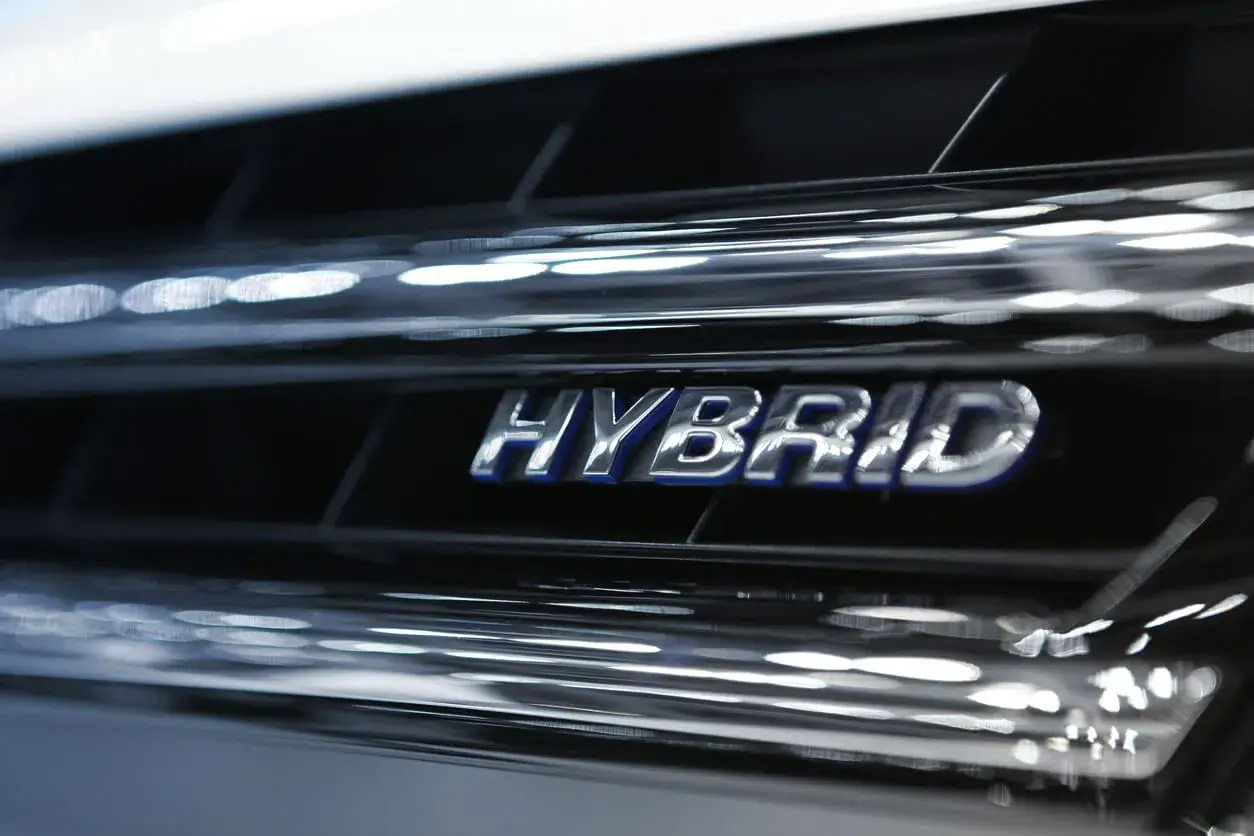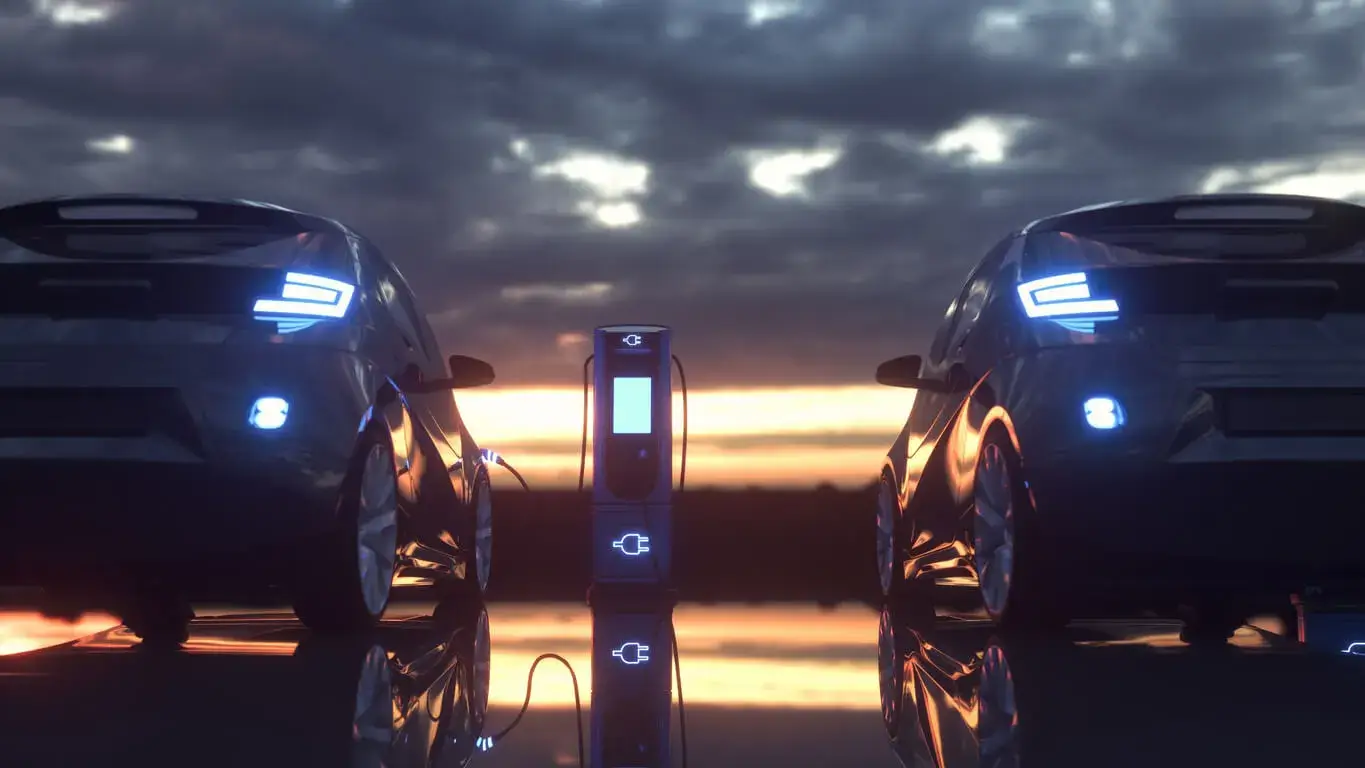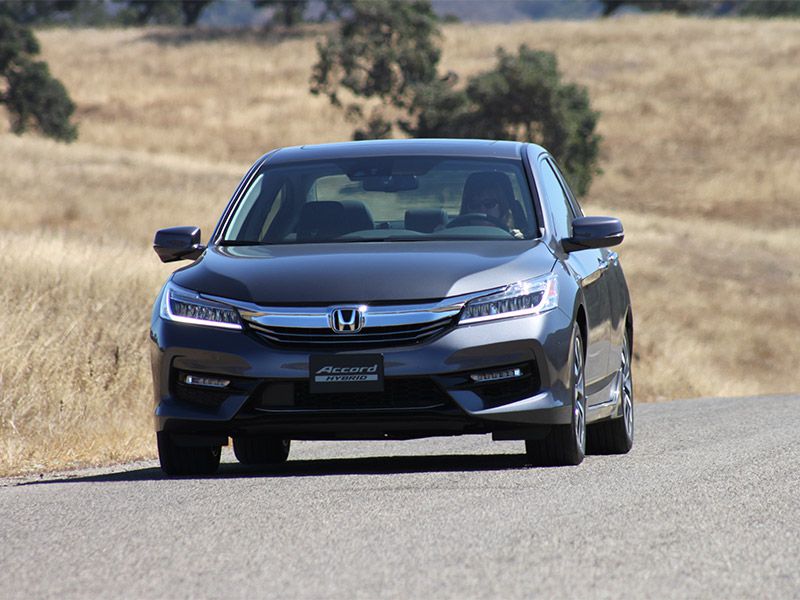5 Safety Features for Teen Drivers
If you ask any teenager what they are looking forward to doing the most as they get older, at the top of most lists is probably being able to drive. After all, being licensed to drive gives teens a great sense of freedom – they can now come and go as they please; they are no longer dependent on mom and dad to get them where they need to go.
However, the time when teens begin to drive can potentially be the most deadly. Every day seven teens ages 16 to 19 die from injuries sustained in a motor vehicle crash. And the crash rate is 3.7 times higher for 16 year old drivers compared to drivers all of all ages, and 2.7 higher for drivers aged 16 to 19.
Side Airbags
Although everybody knows about airbags as a safety component in vehicles, some may not realize the importance of side airbags. A study conducted in 2006 conducted by the Insurance Institute for Highway Safety found side airbags that protected driver's heads helped reduce deaths in cars that were hit on the driver side by about 37 percent. Not all used vehicles will have side airbags -- SaferCar.gov offers a list of vehicles to help start your used cars search.
Electronic Stability Control
ESC works through speed sensors that are placed on all wheels and the steering wheel to help drivers when on roads that are slippery or very curved. If the ESC system notices the vehicle is about to go in an opposite direction from where the steering wheel is pointed, is will break the necessary wheels to help keep the car under control. ESC can be found vehicles from 2012, and even earlier.
Crash Avoidance Technology
Over the past few years, vehicle manufacturers have unveiled a crop of new applications to help drivers avoid car accidents. These crash avoidance technologies work by providing the driver with warnings, or in some instances even automatically putting on the brakes. Examples of these technologies to look for in a used cars search include blind spot detection, adaptive headlights, lane departure warning, and front crash prevention.
Anti-Lock Brake System (ABS)
An ABS is another safeguard against slippery roads, as well as inexperienced young drives that may find themselves "panic braking" in certain situations. The ABS helps ensure the brakes on a car do not lock up, which could cause a driver to lose control of the vehicle. ABS on the rear wheels allow the vehicle to keep moving in a straight line, while ABS on all wheels allows the driver to maintain steering capabilities.
Seat Belt Reminder System
Although the "ding, ding, ding" that reminds you to buckle up every time you're in the car can be rather annoying, studies show they do save lives. For instance, a study published in 2008 found 97.5 percent of passengers put on a seat belt when in a vehicle with a reminder system, while only about 86 percent did in cars without a reminder. And teens need all the reminders they can -- a 2002 study found that only 69 percent of teens ages 16 to 24 wear their seat belts, and more than two-thirds of teens killed in car crashes were not wearing seat belts.









